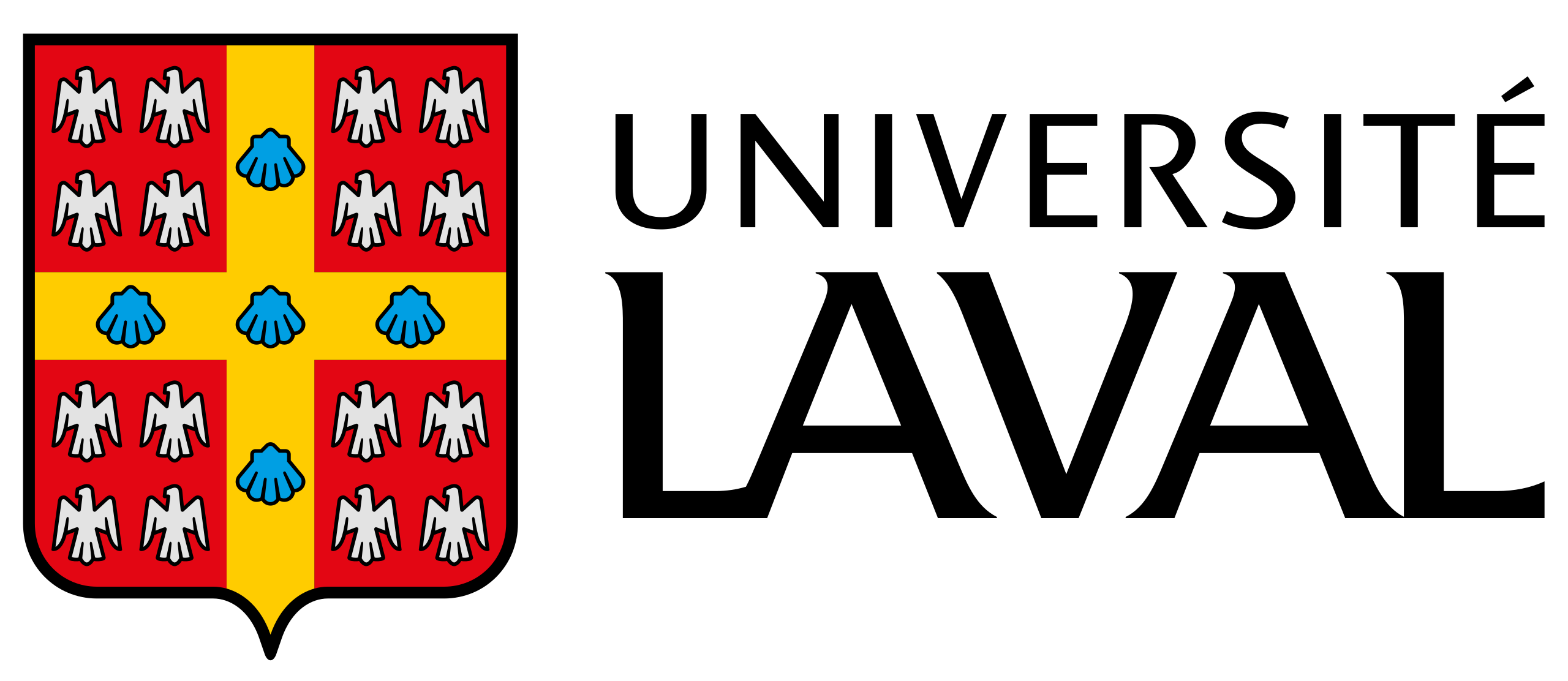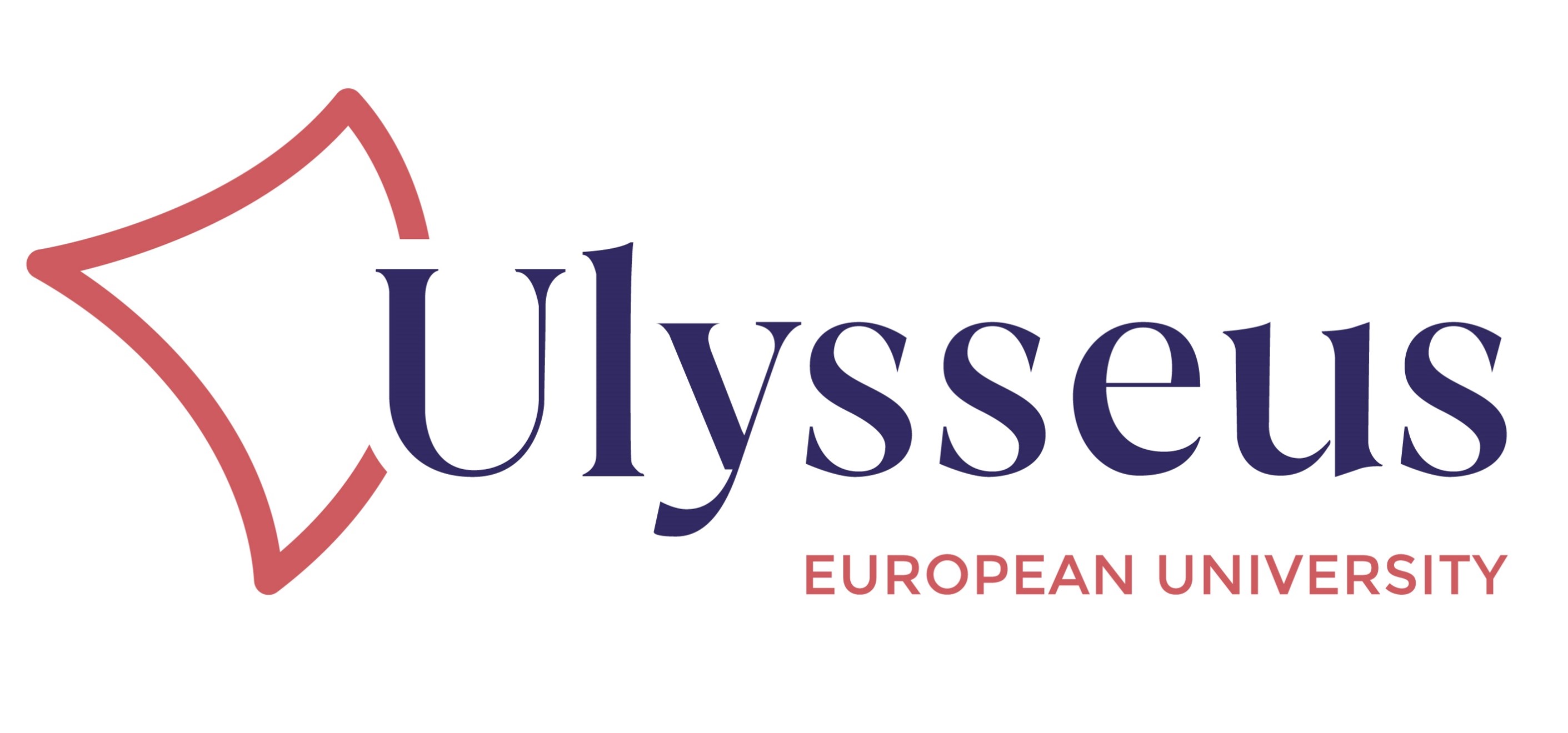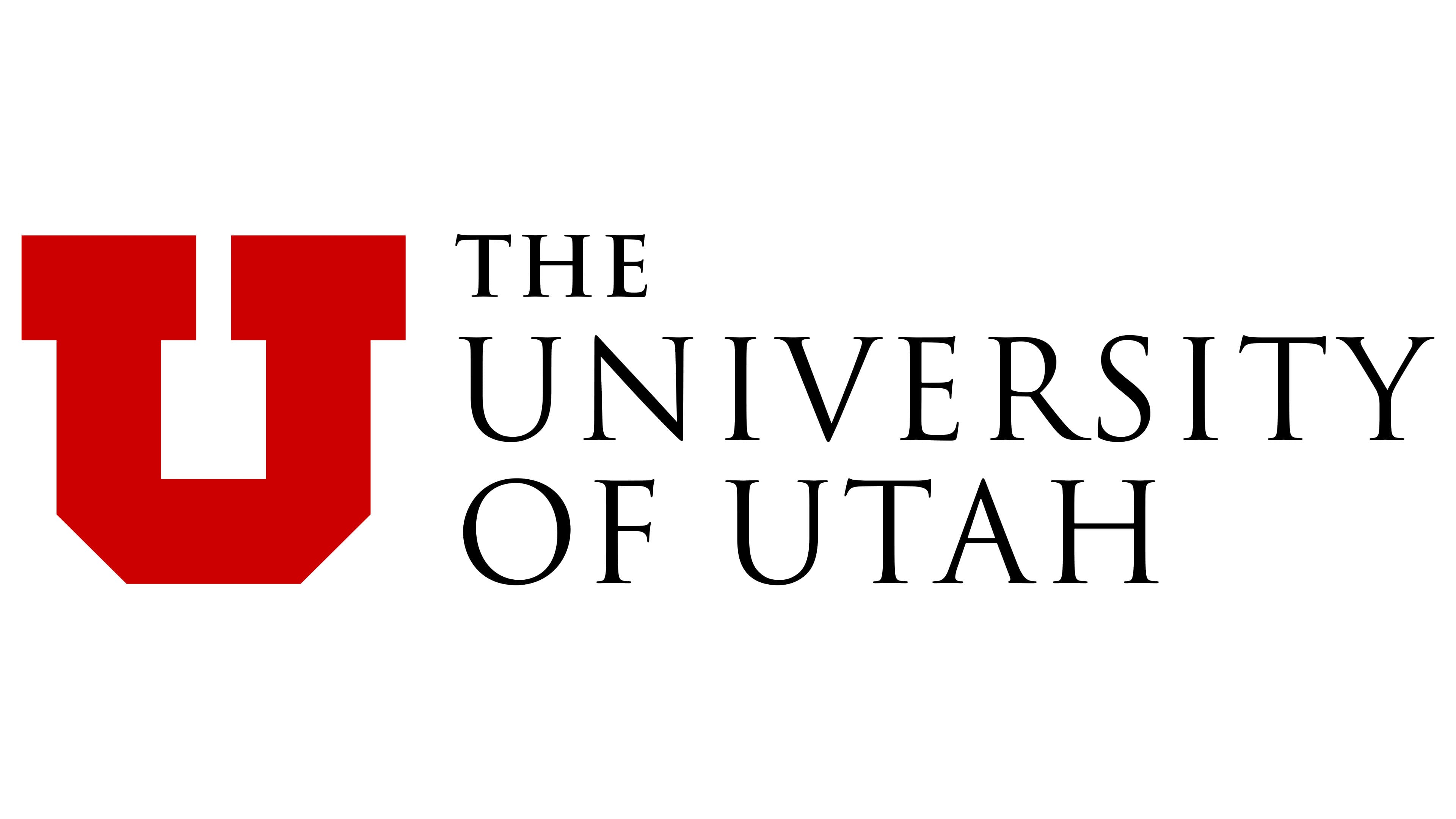International and Europe program
Côte d’Azur is built around four main pillars:
General philosophy
As part of its internationalization strategy, the Initiative of Excellence is developing strategic partnerships. The goal is to limit the number of such partnerships and maximize the degree of cooperation in each one. Strategic partnerships—whatever their nature—are motivated by the desire to experiment with new forms of cooperation or new high-potential projects. Accordingly, institutions commit to supporting novel initiatives at a very early stage.
Strategic partnerships help reduce risk in emerging projects by investing in the initial phases. In the long term, these initiatives must become sustainable in order to free up invested funds and allow other initiatives to be supported. Strategic partnerships are founded on the idea of reciprocity, and must be strategic and priority partnerships for all parties involved.
Building cross-functional or thematic partnerships

Nature of the strategic partnerships
There are two types of strategic partnerships:- Cross-functional partnerships: based on a shared vision of the role and functioning of universities. They permeate all missions and components of Université Côte d’Azur.
- Thematic partnerships: based on one or several shared themes for which joint actions and programs are developed.
Cross-functional partnerships



Thematic partnerships
University of Costa Rica
Supported by EUR ODYSSEE, this thematic
partnership focuses on socio-environmental challenges with three themes:
- Minorities & environment
- Marine sciences
- Sustainable food
European Institute of Innovation & Technology (EIT)
IdEx supports the cultural & creative industries; Université Côte d’Azur, as a founding member of EIT Culture & Creativity, has joined with Aix-Marseille Université, Université d’Avignon, and the PACA Region to create the MIN4CI foundational partnership, of which it holds the presidency.
University of Osaka
Led by IPMC, the partnership with the University of
Osaka, especially through its Medical Engineering and Informatics (MEI) Center, focuses on health-related themes. Additionally, this partnership will contribute to the international research theme of the Core Program Ion Channel Science and Therapeutics (LabEx ICST).
Sant’Anna School of Advanced Studies
Led by EUR ELMI in close collaboration with the Sant’Anna School of Pisa (Italy) and OFCE Sciences Po, the International Doctoral Program in Economics offers advanced training in traditional economic subjects and beyond.
University of Melbourne
Led by the I3S laboratory, a doctoral program
provides funding for PhD theses jointly supervised by University of Melbourne on themes such as computer vision, deep learning, robotics, etc.
Monell Chemical Senses Center
Led by ICN and supported by Academy 2. Within this framework, IdEx supports special activities, in
particular those related to career development for young researchers.
There is also a scheme to support the internationalization of thematic schools at the university. This scheme offers two distinct tracks, adapted to the diverse initiatives launched by our teams, but based on a common requirement: international openness must be based on the involvement of one or more strategic partners supported by the Initiative of Excellence. This criterion aims to strengthen strategic collaborations and ensure coherence with institutional priorities in internationalization.
INTERNATIONAL CAMPUSES

The mirror campuses (Campus miroirs) supported under the IdEx International & Europe Program are co-constructed with partner universities in such a way that they are not simply remote copies of the university, but campuses adapted to the strategic priorities of their local region.
The aim is therefore less about reproducing what already exists on the Côte d’Azur site, and more about projecting an ecosystemic organizational model and connecting it with another ecosystem at the international level.
- The Da Nang International Institute of Technology (DNITT)
-
DNITT was created in 2017 within the University of Da Nang (Vietnam) with the financial support of IdEx and the Agence Universitaire de la Francophonie, as well as the Vietnamese and French Ministries of Higher Education & Research.
DNITT aims to promote transdisciplinarity and innovation in order to provide scientific answers to societal and regional challenges in Vietnam.
Learn more - Balkan Institute of Science and Innovation (BISI)
-
BISI was founded in 2019 by Université Côte d’Azur and the University of Montenegro. This is a bilateral university cooperation designed to have a broader impact across the
Balkans.
Located on the main campus of the University of Montenegro in Podgorica and jointly governed by both universities, BISI aims to develop interactions among faculty, students, local authorities, and industrial partners to create thematic ecosystems. Its research, training, and innovation activities are partly in French.
Learn more - Franco-Indian Campus
-
The Franco-Indian Campus project of EUR LIFE is one of four projects selected for funding to create a Franco-Indian campus, following a call for proposals by the French
Ministry for Europe and Foreign Affairs, the Ministry of Higher Education, Research and Innovation, Campus France, and the Embassy of India in France.
Built in partnership with three Indian institutions (IISc, IIITD, and Ashoka University), its objective is to foster collaborative research projects while promoting the joint training of French and Indian students.
Learn more
The Joint Europe Office (Cellule Europe Mutualisée; CEM, comprising Université Côte d’Azur, Inria, CNRS, OCA, IRD, INSERM, INRAE and CHU Nice) seeks to support European engagement by informing, guiding, and assisting the research community. To this end, beyond sharing best practices among our component institutions, the CEM offers services that are accessible to all our researchers wishing to apply for European grant funding.
In this context, the flagship program LEADEuRope was created with the goal of bringing together ERC & AMSC laureates as well as coordinators of European projects, to promote the university’s European excellence. Additionally, LEADEuRope:
- Centralizes all the calls for proposals managed by the Joint Europe Office to support researchers in their European endeavors
- Organizes events, training courses and conferences to stimulate the community of project leaders and identify new talent
- ERC Booster – Individual Coaching
-
A scheme designed to support researchers who wish to submit an ERC (European Research Council) proposal in response to the following calls: ERC Advanced, ERC Starting, ERC Consolidator, ERC POC, ERC Synergy.
Learn more - MSCA Post-doctoral Booster – Attractiveness Scheme
-
This call for expressions of interest is a scheme designed to attract early career researchers by helping them to obtain European funding for a postdoc at Université Côte d’Azur under the Marie Skłodowska-Curie Actions (MSCA) Postdoctoral Fellowship program.
Learn more
Université Côte d’Azur has recognized that addressing the challenges of the 21st century is only possible at an international and multisector level, and has made scientific diplomacy a priority.
Specifically, the International and Europe Program:
- Supports activities that raise awareness and provide training in scientific diplomacy
-
- A MOOC developed by the Institute of Peace and Development in partnership with the AUF
- Various educational activities: advocacy, simulations, etc.
- Contributions to numerous round tables and articles, to explain the role of universities in relation to scientific diplomacy
- Strives to place science at the heart of discussions through the expertise of our community
-
- Involvement of researchers in various committees and expert groups
- Co-organization of the Science Pavilion for Climate in partnership with the Intergovernmental Panel on Climate Change (IPCC), the World Meteorological Organization (WMO), and Cortes Solari Philanthropy
- Academic advocacy collection
- Practices scientific diplomacy in order to combat obscurantism and defend academic freedoms
-
- Welcoming researchers in danger or in exile, and protecting academic freedoms
- Participation in public debates
- Engagement activities (G7, UNFCCC, European Commission) through strategic networks (U7+, NoN, Udice, EU4ALL, etc.)


















